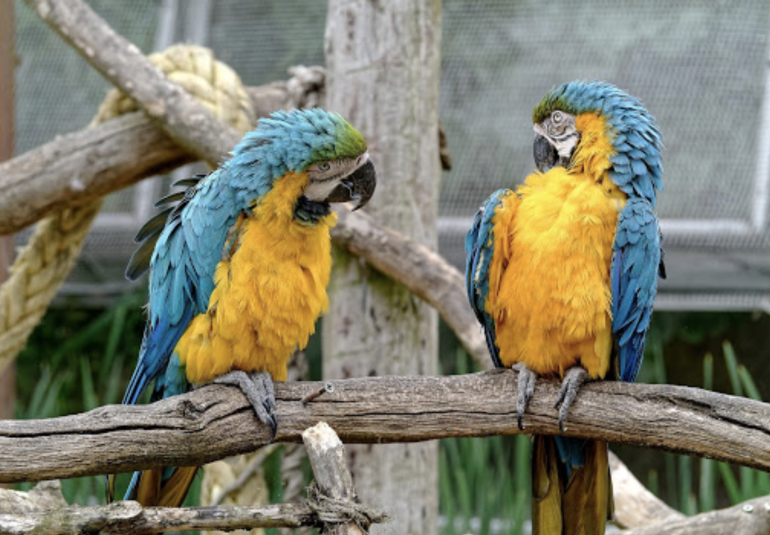We talk frequently about the two essential dispositions of a transformational leader: compassion and curiosity. But why are these so essential? What is it about these ways of being that help us continue doing the work that needs to be done to create more just and equitable schools?
My simple answer to these questions is that compassion and curiosity keep us in the conversation. When I think about deepening relationships, our theme for this month, I think about the conversations that happen. Often in conversations we are triggered by something that is said or a belief that is held. It is in that moment that we need to pause and take a deep breath. We need to stay engaged in the conversation. This is the exact moment that we need to tap into our compassion and curiosity.
Let’s first look at compassion. Compassion literally means suffering with. When we tap into our compassion, we are finding the common humanity between ourselves and the person we are talking to. It is helpful to remember that regardless of what someone shares or does, remember and believe in the part of them that is good and kind. Communicate an unconditional regard and a belief that they can change and grow. While holding these truths also remember that having compassion for others doesn’t mean that you agree with them or condone what they are saying or doing. They are still accountable for their actions. As you can imagine, showing up with this kind of compassion in the moment can be challenging. The following exercise can help you expand your sense of shared identity with others:
- Write down the name of a person in your life who seems to be very different from you in every way that you can imagine – or someone you feel distances from, someone about whom you think, We have nothing in common. Perhaps this person has different religious or political beliefs, life experiences, or interests. He or she may be someone with whom you have had a personal conflict, or who belongs to a group that has been in conflict with a group to which you belong.
- Make a list of things that you imagine you share in common. Perhaps you both work at the same school or in the same city. Maybe you both have children or a significant other. Probably you both have lost a loved one or had a broken heart. At the most basic level, you both belong to the human species. What else do you have in common?
- Review your list of commonalities. How do they help you see this person differently?
- What did it feel like to do this activity? What did you learn from it?
At the heart of compassion is the concept of common humanity. “When we come into contact with the other person, our thoughts and actions should express our mind of compassion, even if that person says and does things that are not easy to accept.” – Thich Nhat Hanh
Once we have tapped into our compassion, then we can connect to our curiosity. When you find yourself triggered, become curious. Stay in the conversation and ask questions. I’m curious about where this belief comes from. Can you tell me more? Be willing to sit in the discomfort. As Margaret Wheatley shares in Willing to be Disturbed, “Yet, I believe we will succeed in changing the world only if we can think and work together in new ways. Curiosity is what we need. We don’t have to let go of what we believe, but we do need to be curious about what someone else believes.” Use probing stems can help you shift into a stance of curiosity. Here are some to try out the next time you find yourself triggered:
- What’s another way you might…?
- What would it look like if…?
- What do you think would happen if…?
- How was…different from (or similar to)…?
- What sort of an impact do you think…?
- What criteria do you use to…?
- When have you done something like…before?
- What do you think…?
- How did you decide… (come to that conclusion?)?
- I’m curious to know more about…
- I’m intrigued by…
- I wonder…
Commit to showing up as compassionate and curious as you stay engaged in the conversations that you find most challenging. The benefit will be a stronger relationship and a client who will be more willing to explore beliefs with you. And when that happens, then we can talk about true transformation in our schools.

